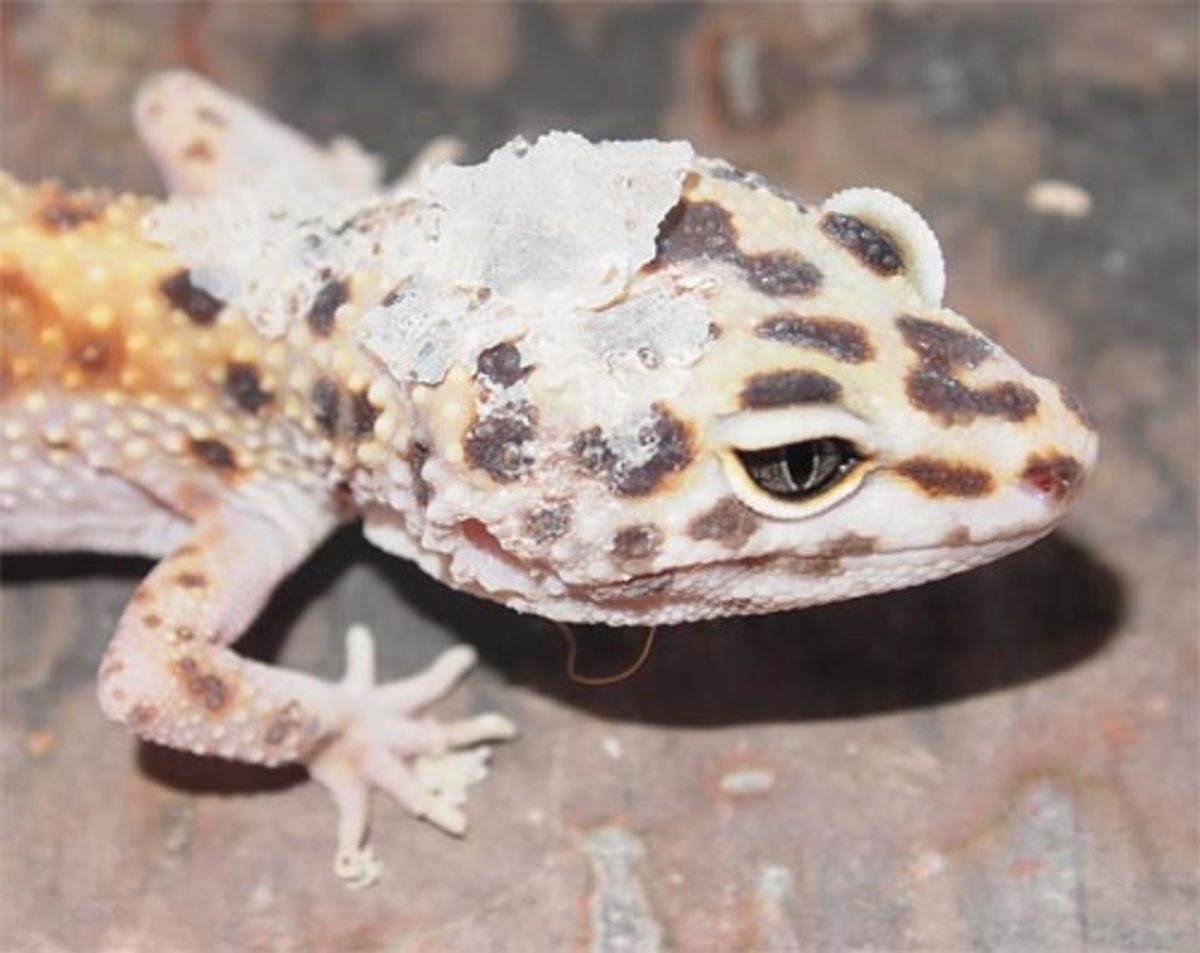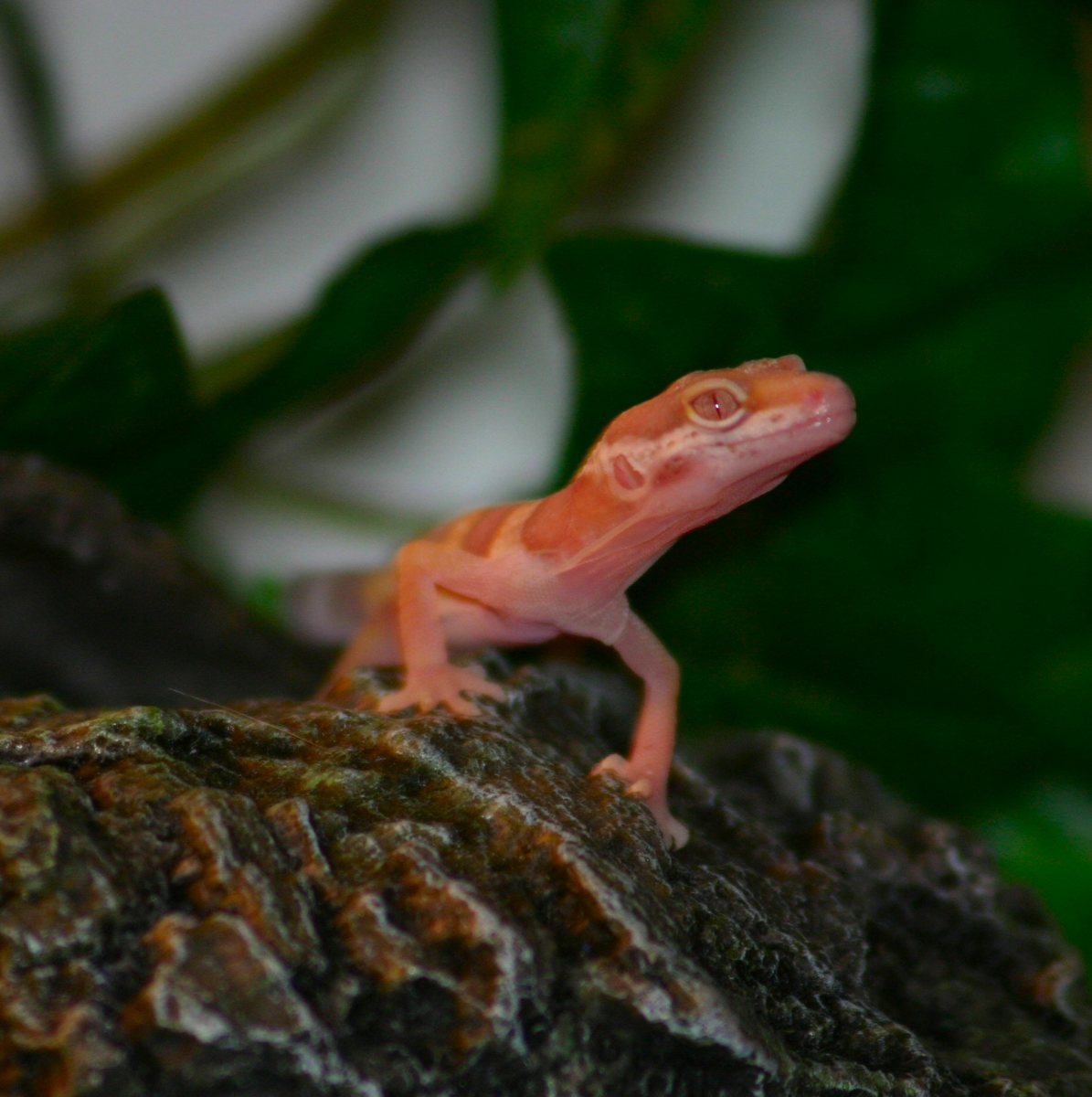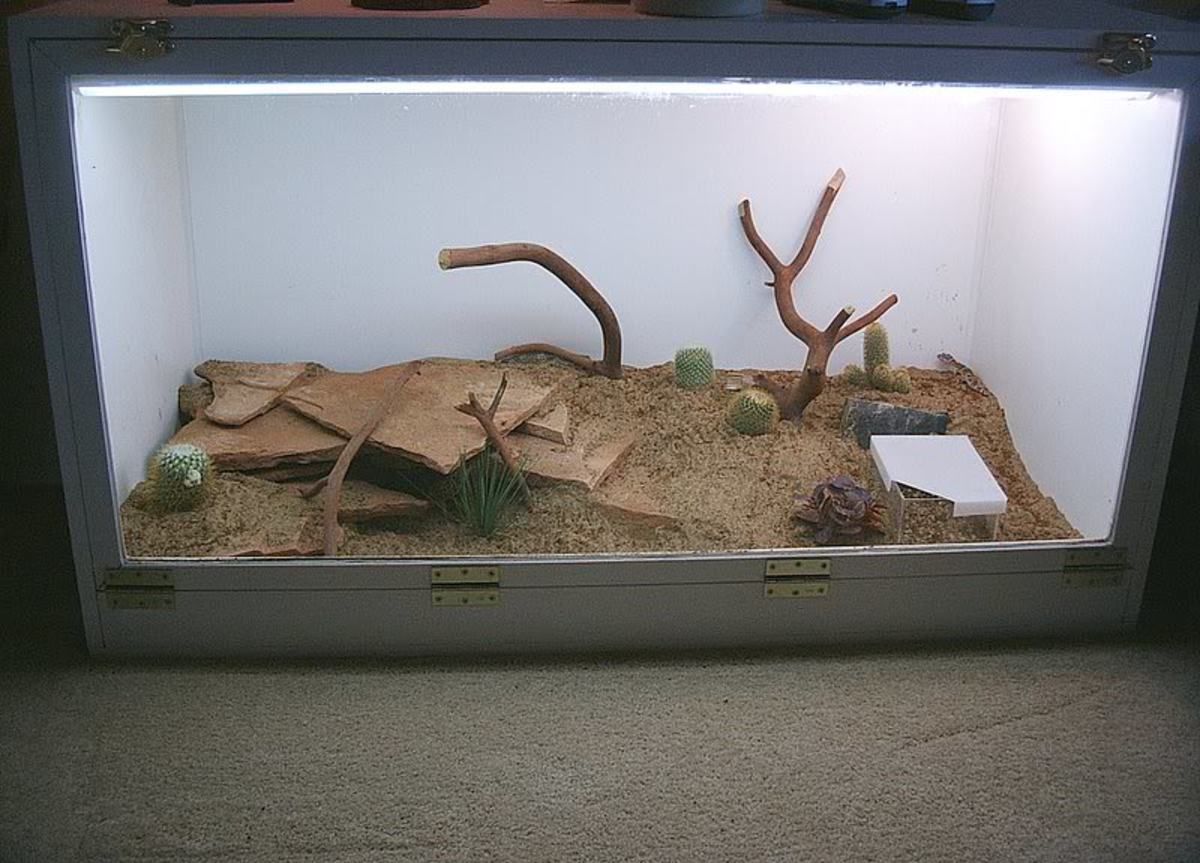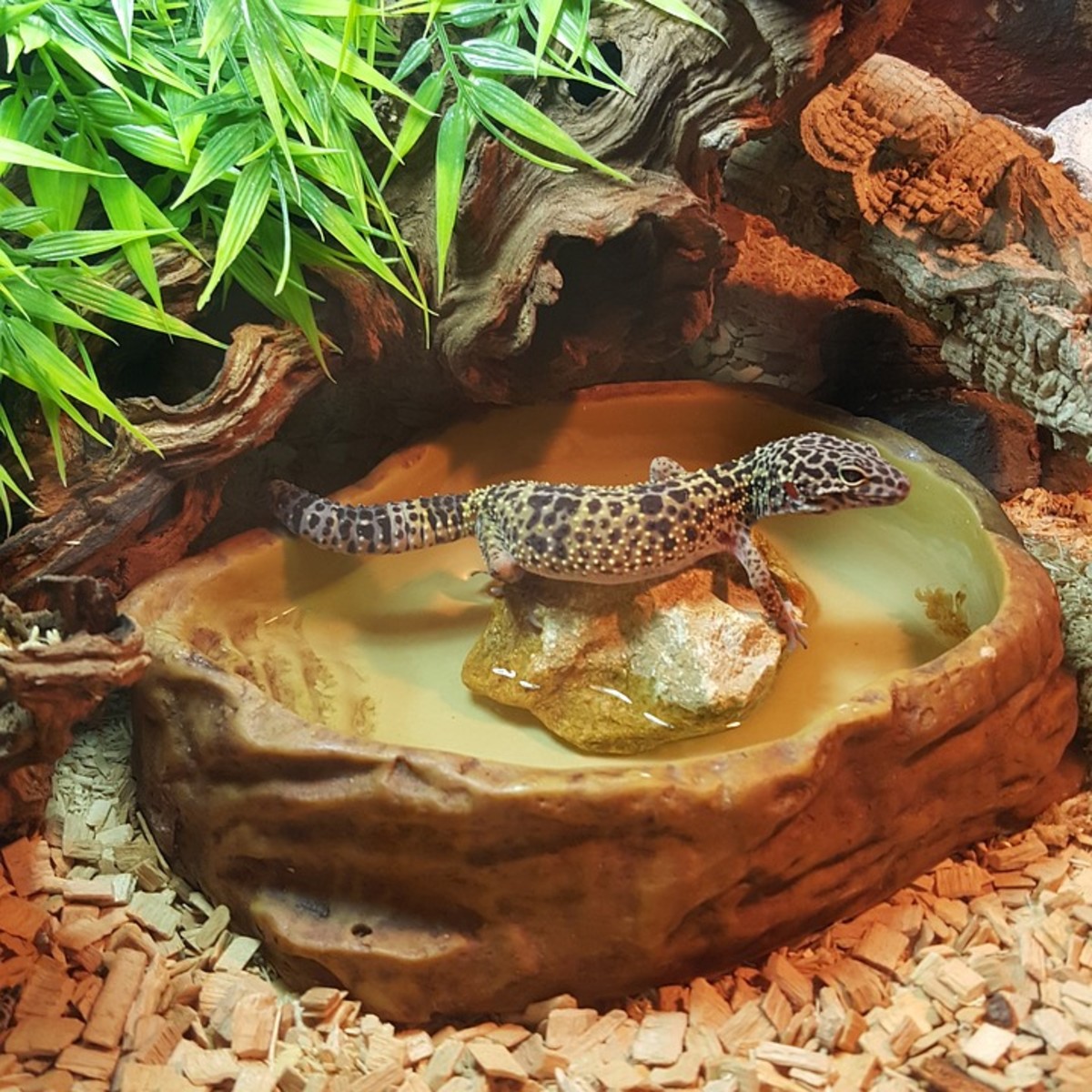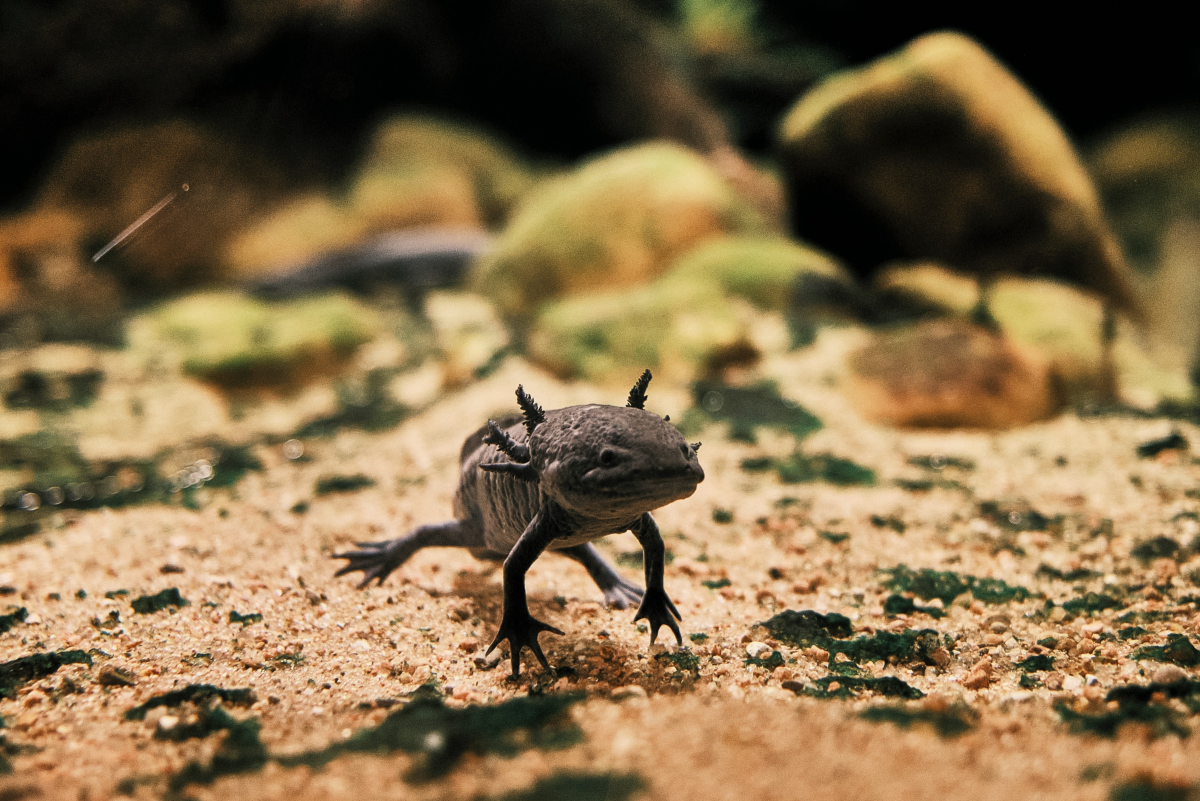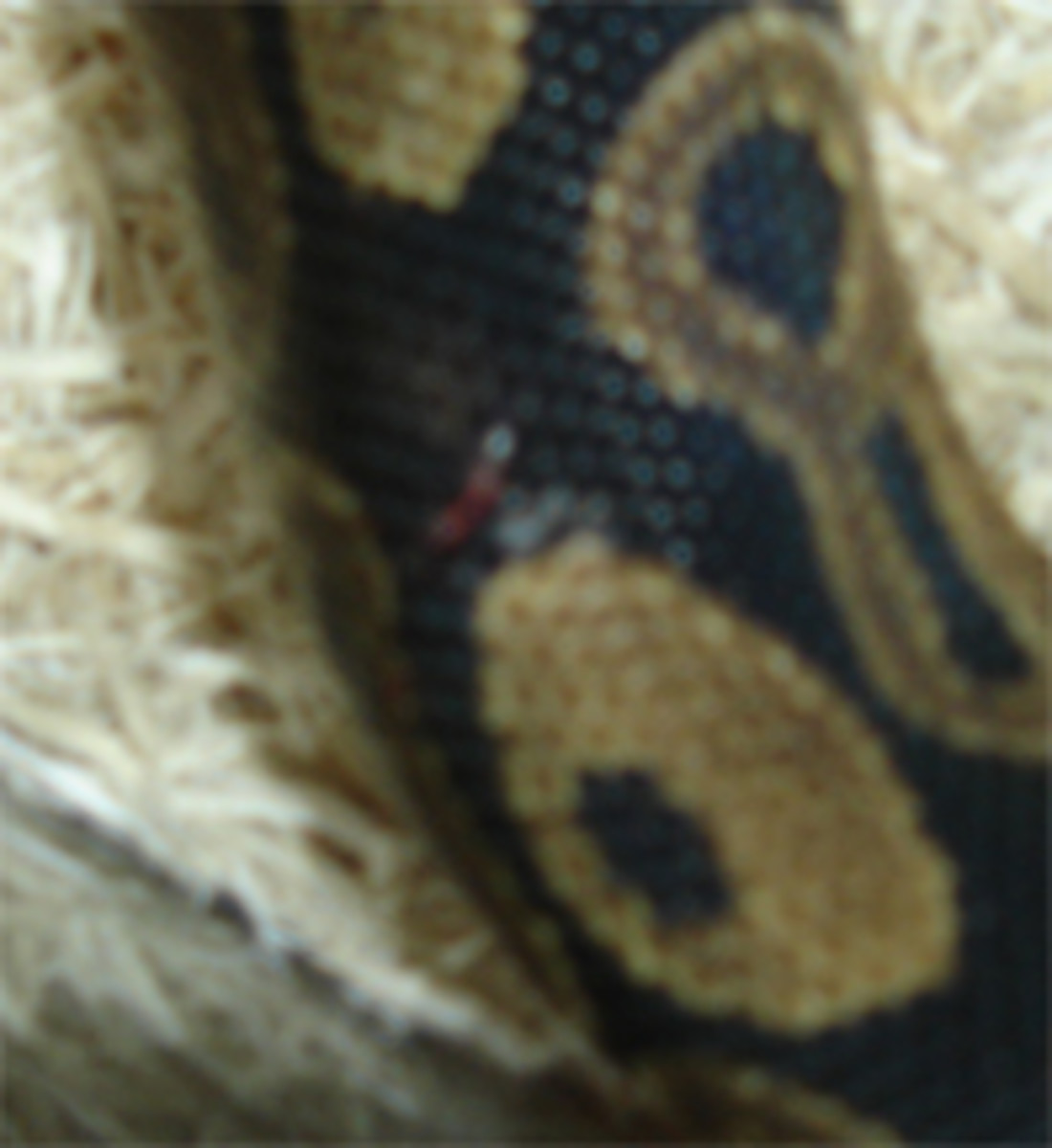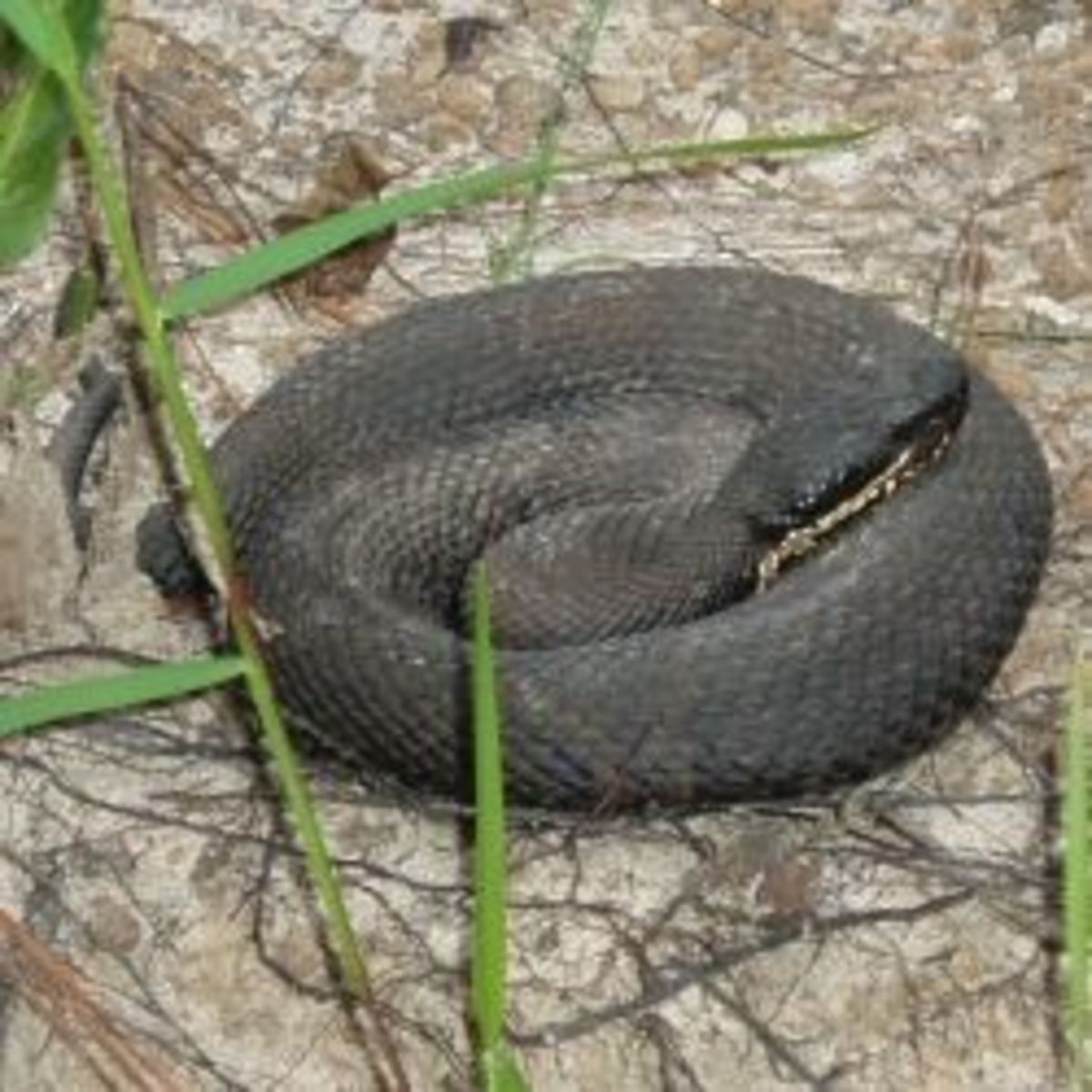Best Beginner Pet Gecko
Choosing a Pet Gecko
Geckos are quite popular pets, but it can be hard to find the best one for you. Not everyone wants to deal with insects, and most geckos need a diet consisting solely of insects, and not everyone wants to deal with complicated enclosure requirements.
Beginners generally do not want to get a knob tail gecko that is not as handleable as other geckos, or a Tokay gecko who is generally going to be much more aggressive. Day geckos are quite colorful and great pets if you're willing to follow a closer enclosure requirement, but again they're not the most handleable.
To many people, if you're going to have a pet, they want to be able to hold it. Below, you'll find four simple geckos to care for and four geckos that can be handled. Not every individual gecko within the species will tolerate handling, but in general, the below species are considered great beginner geckos.
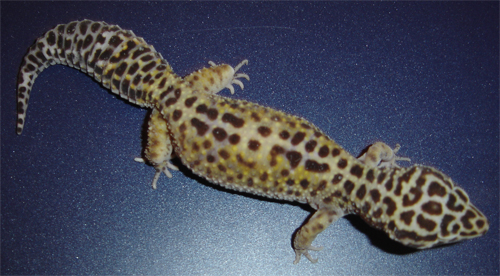
Leopard Gecko
The Eublepharis macularius is one of the most popular beginner reptile. They come in a wide variety of colors and patterns, ranging from the wild caught or normal morph, albino, bright orange, white and black, as well as geckos with bands, stripes, jungle patterns, and no pattern. They originated from the rocky, arid lands of Pakistan and India.
This gecko is a nocturnal species, spending most of its time wandering its enclosure at night. They can range from 7 to 12 inches long, and live about 15 to 20 years.
The bare minimum enclosure size for one adult leopard gecko is a 10 gallon tank, but they live better in 20 gallon tanks. These are solitary animals that do best being housed individually.
Leopard geckos eat a wide range of insects to include crickets, meal worms, super worms, butter worms, silkworms, dubia roaches, discoid roaches, and other captive bred insects. They are a relatively hardy species that tolerate handling well.
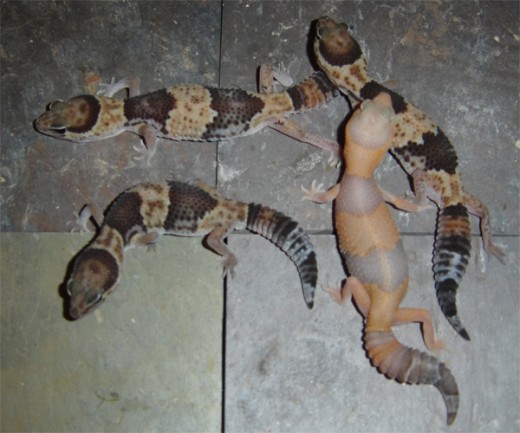
African Fat Tail Gecko
The Hemitheconyx caudicinctus is another great beginner gecko. The species originates from tropical West Africa, in rocky woodlands and savannas. This is another nocturnal species that is relatively small, growing about 8 inches with an average lifespan of about 10 to 15 years.
AFTs generally come in with brown bands, but recently breeders have been selectively breeding the species to create albinos of varying shades or orange and pink, stripes, patternless, and a few other colors and patterns.
Because of their size, they can live in a 10 gallon tank minimum as an adult, although 20 gallon tanks are better. They do best when housed individually in order to reduce stress, bullying, and the spread of disease and illness.
African Fat Tail Geckos do best on a diet of crickets and small captive bred roaches. Sometimes they will eat mealworms or super worms, but the average AFT will prefer crickets.
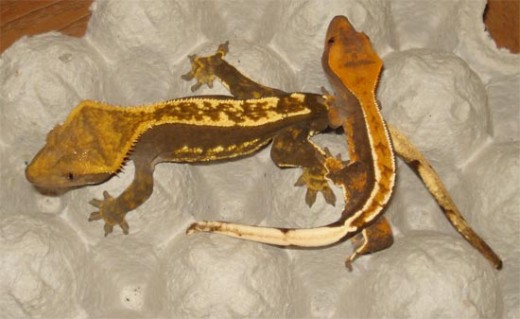
Crested Gecko
The Rhacodactylus ciliatus is a newer gecko that has become very popular among keepers. They come in a wide variety of colors ranging from harliequin, flame, brindle, pinstripe, tangerine orange, red, and pastels.
This species of gecko originates in New Caledonia, which is why they are commonly called the New Caledonia Gecko. This gecko species is an arboreal species that prefers height over surface area.
From snout to taill, crested geckos can grow to about 8 inches in length, but it's most common to have them about 4 to 5 inches, excluding the tail. When crested geckos drop their tails, they do not grow them back; it's not uncommon to find breeders and pet stores selling crested geckos without tails. It is thought that they will live about 10 to 15 years in captivity.
At a minimum, one adult crested gecko needs a 15 gallon tall aquarium. Many keepers will take a 20 gallon long tank and turn it on its side to stand up. Kritter keepers are great to use as housing for babies and juveniles. These guys do best when housed individually.
It is very important that you have plenty of foliage and climbing places for the gecko, as without ample hiding places, they can develop 'floppy tail syndrome,' which will affect the way the tail falls.
Crested geckos do best on a diet of Crested Gecko Diet, which is a meal replacement. You can feed them crickets on occasion, but on CGD, crickets are not necessary. Never feed a crested gecko baby food, because there is not enough nutrients in baby food to prevent MBD and other illnesses Baby food is formulated for human babies, not reptiles, as a staple diet.
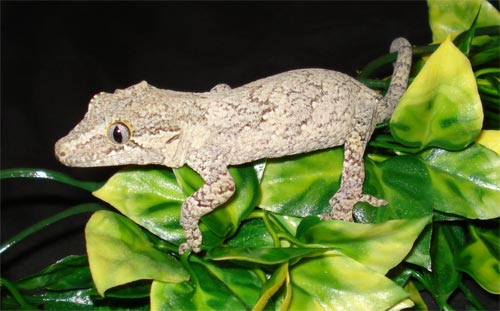
Gargoyle Gecko
The Rhacodactylus auriculatus is a robust gecko that is considered semi-arboreal. They like to have plenty of things to climb on like bark and plants, but be careful because their feet aren't as stick as crested geckos.
Gargoyle geckos come in a limited variety of colors ranging from gray reticulated, brown reticulated, brown stripes, red stripes, orange blotch, and red-orange reticulated. These guys are about 5 to 6 inches not including the tail, which once lost will grow back.
These guys need to be housed individually as adults in at least a 15 gallon tall aquarium. They can be slightly more aggressive to cagemates in comparison to crested geckos.




